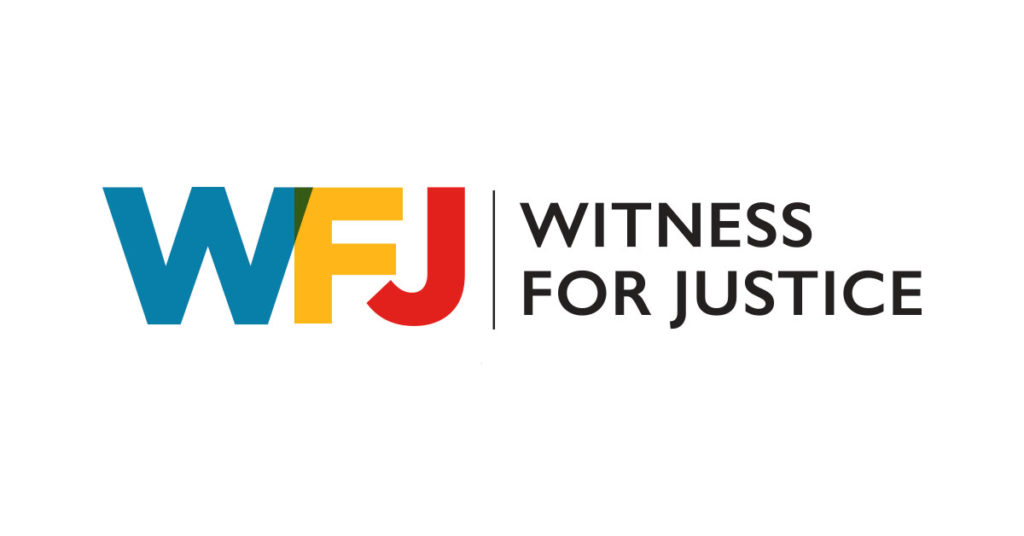Giving Our All to God
Calling his disciples to him, Jesus said, “Truly I tell you, this poor widow has put more into the treasury than all the others. They all gave out of their wealth; but she, out of her poverty, put in everything—all she had to live on.” (Mark 12:43-44, NIV)
This poor widow stamps history with her generosity. Jesus uses her as an example of what true giving looks like. Wealth and power, although an advantage, are not a requirement for kindness. What is truly necessary is an open heart and a desire to give up a bit ourselves or what we treasure the most. In the patriarchal society this widow existed, her situation was dire and desperate. Not having a male to represent her in this type of society, she lacked any visibility or ability to support herself. However, she didn’t hesitate to pour in the offering basket all her possessions.
The Covid-19 pandemic has many people facing poverty, hunger, and homelessness in the United States. Unemployment has hit historical highs, and thousands are facing living in the streets. USA Today states, “the unemployment rate in the United States stood at 11.1% as of June. While this is a marked improvement from the 14.7% jobless rate in April, it is still higher than at any time in at least the last 70 years.”
As can be expected in a country where racism still prevails, Blacks, Latinxs and Native Americans are impacted disproportionately by this crisis. The Center for Disease Control and Prevention (CDC) reports, “There is increasing evidence that some racial and ethnic minority groups are being disproportionately affected by Covid-19. Inequities in the social determinants of health, such as poverty and healthcare access, affecting these groups are interrelated and influence a wide range of health and quality-of-life outcomes and risks.”
These inequities are obvious in the news: long lines of people at food banks, and increases in the number of Covid-19 deaths. The United States is a wealthy nation, but the government hasn’t responded effectively to the needs of its people. The way in which this presidential administration attacks the poor and the dispossessed is sinful and has cornered those already in the margins of this society. “Since Trump assumed the office of the presidency, he and his administration have made it clear that one of their primary policy goals consists of dismantling safety nets and laws meant to protect workers.” (Five Ways the Trump Administration’s Policy Failures Compounded the Coronavirus Economic Crisis)
Like the widow, faith communities have stepped up their game to give beyond their own needs. They have become food banks, shelters, and service centers. Pastors have adapted to the virtual world to respond to an increase of pastoral care requests. My local ministry, Ministerio Latino, raised $30,000 to give cash donations to 85 families and individuals in need. Churches are in the frontlines of response to a community desperately in need. We can only pray that the God of all creation, the God of all possessions, continues to move our hearts to give our all to their service.
Reverend Rhina Ramos is the National Coordinator for Proyecto Encuentros for the United Church of Christ and also serves as the pastor of Ministerio Latino in Oakland, CA.
View this and other columns on the UCC’s Witness for Justice page.
Donate to support Witness for Justice.
Click here to download the bulletin insert.
Related News
Overworked, Overwhelmed, and Underpaid
It is overwhelming to be a human right now, and especially, a policy advocate with moral...
Read More“I am thirsty”
Last March, when a child who was stuck under the rubble of a collapsed building in Gaza saw...
Read MoreSpringing Forward
Spring is in bloom in my neighborhood. Trees are budding. Flowers are starting to blossom. The...
Read More

